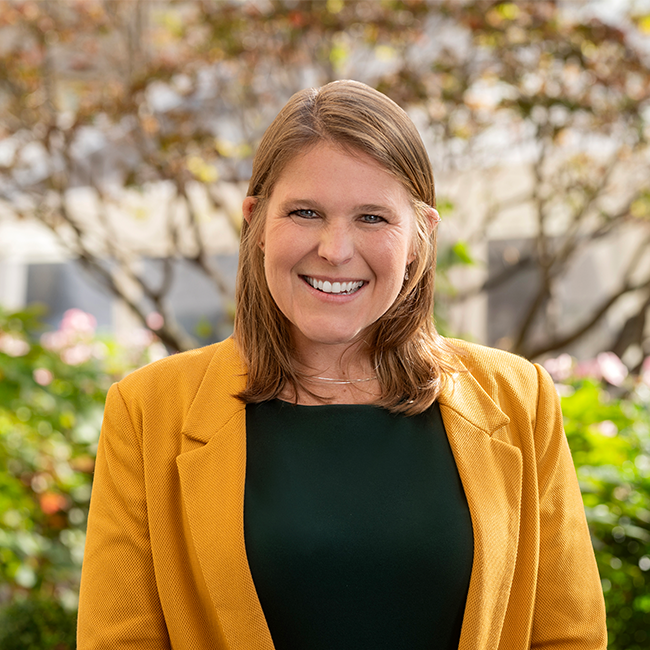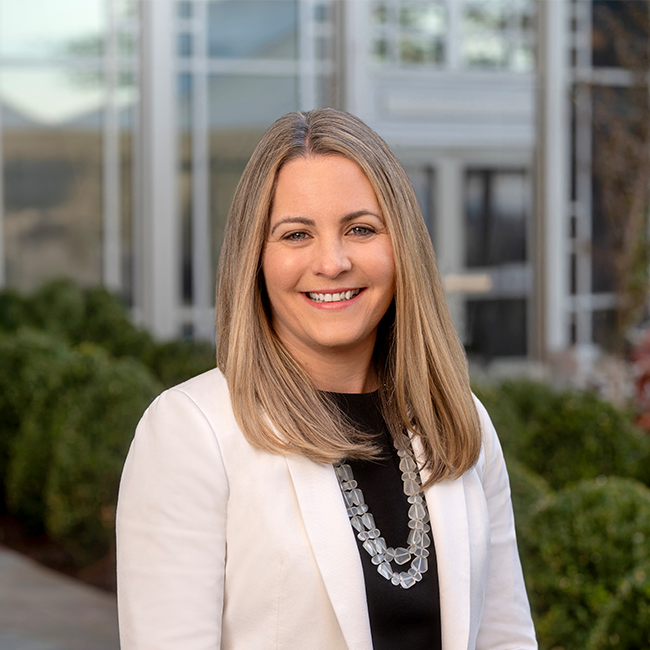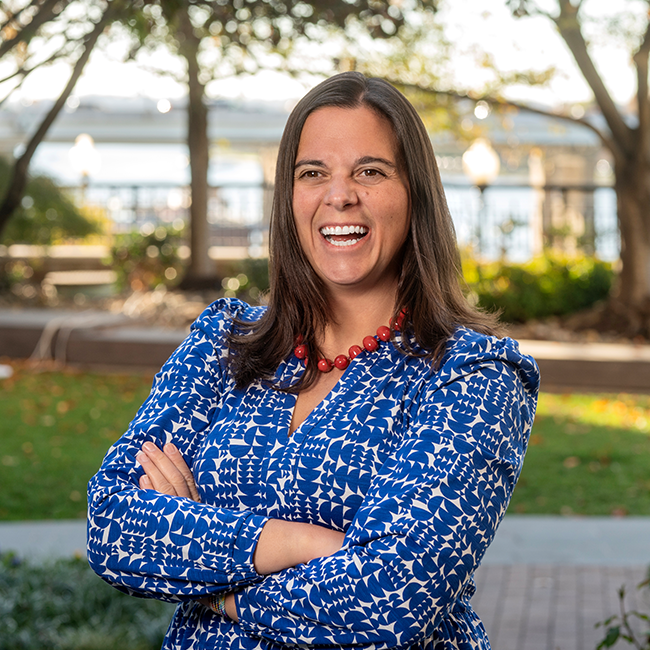
Health equity is the state in which every person has a fair and just opportunity to achieve the best possible health. However, numerous health-influencing factors—such as income, education, geography, discrimination, language barriers, environmental exposures, political influences, and access to housing, transportation, and social support—pose significant obstacles to achieving it. Despite these barriers, addressing health inequities is essential for building a thriving global population. Given that populations with more of these risk factors typically require more medical intervention, there is also an economic imperative to maximize health equity, especially for the United States, which spent $4.9 trillion (17.6 percent of its gross domestic product) on health care in 2023 alone.
Biomedical research plays a critical role in advancing health equity, but like all fields, it is shaped by systemic biases. Unchecked, these biases result in research that fails to serve all communities equitably. For instance, studies conducted solely in white populations may overlook variations in disease presentation and treatment efficacy among people of color. Bias in the composition of research teams, the selection of study participants, the framing of research questions, and funding priorities all determine whether scientific advancements benefit diverse populations equitably. In particular, a lack of workforce diversity among researchers and health-care workers—combined with minimal opportunities for community involvement—has created data gaps and outcomes that reinforce health disparities. Engaging communities in research ensures their voices, needs, and insights shape the entire research process, leading to more effective and equitable solutions.
While the impacts of health inequities have long been recognized, the COVID-19 pandemic and recent social justice movements of 2020 and 2021 intensified calls for action. They exposed the deep-seated prevalence of racism in the health ecosystem, from research practices to patient care and policymaking. These movements spurred progress toward more inclusive research, policies, and programs aimed at improving health outcomes, especially for marginalized communities.
Unfortunately, much of that progress has stalled or reversed, particularly in the wake of the 2023 Supreme Court ruling that ended affirmative action in college and university admissions. The decision sparked a broader push to dismantle diversity, equity, and inclusion initiatives in education across the US—a movement that has since expanded to other sectors, including the federal government as well as private companies and corporations. While federal and institutional support for health equity efforts may be waning, history has shown that progress is often fragile and met with resistance. At junctures like this, it becomes crucial for other sources of support to unite and take decisive action to prevent a significant and alarming negative impact on global health. One such source is philanthropic investment, specifically at the intersection of health equity and biomedical research.
Philanthropy has the power to strengthen research infrastructure by ensuring community perspectives are integrated at every stage of the research process. For example, philanthropy can provide long-term, continuous support for community navigators—trusted leaders who foster relationships between researchers and communities, facilitate outreach, disseminate information, and combat misinformation. Declining federal funding for these roles presents a prime opportunity for philanthropic engagement with community navigators.
Additionally, philanthropy can bolster Minority-Serving Institutions, which have historically lacked adequate funding but have built strong programs and systems that focus on community-centered research, especially with marginalized groups that have been harmed by the research and medical system. These efforts require long-term, sustained funding, as cultivating trust and lasting partnerships with these communities takes time. More philanthropic funding for these types of programs can catalyze transformative changes in how biomedical research is conducted, especially if the programs train researchers to work with community-based organizations and leaders.
Finally, expanding workforce diversity in biomedical research is another essential priority. Underrepresentation in science, technology, engineering, mathematics, and medicine restricts innovation, skews research and development, and perpetuates disparities. Philanthropic investment in fellowships and training programs—particularly in fields like computational science and artificial intelligence—can cultivate a workforce equipped to develop inclusive health technologies and treatments that serve all populations.
More detailed strategies for philanthropic investment are outlined in Health Equity in Science: A Giving Smarter Guide, a 2024 publication resulting from the Burroughs Wellcome Fund’s partnership with the Milken Institute Science Philanthropy Accelerator for Research and Collaboration (SPARC). This guide highlights five opportunities for investment to drive impact across community engagement and empowerment, capacity building, workforce development, research innovation, data equity, and systemic change and amplification, all toward achieving health equity. A detailed analysis of key stakeholders and funding priorities can be found in the companion piece Health Equity in Science: A Stakeholder and Funding Analysis. Additionally, two conversations on this subject from recent annual Future of Health Summits hosted by the Milken Institute include “Bending the Arc: How Philanthropy Can Build a Diverse, Equitable Health Ecosystem” and “Harnessing Community Power: Driving Health Equity Research.”
SPARC applauds philanthropies like the Burroughs Wellcome Fund and the Robert Wood Johnson Foundation for continuing to focus on health equity, especially as other private funders have backed away from similar initiatives. We share this knowledge publicly to encourage other philanthropic communities to align with the opportunities outlined in the Giving Smarter Guide so that no communities are left behind and everyone has the opportunity to thrive, be healthy, and contribute to the global economy.















